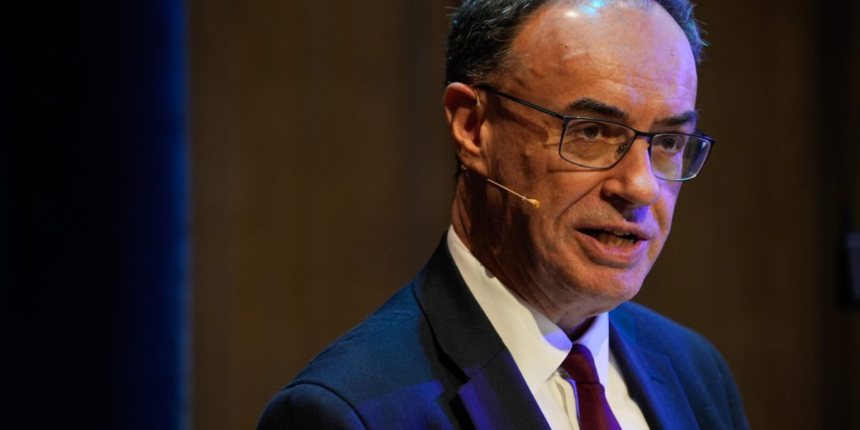Regarding concentration, the FPC highlighted how the price appreciation among the largest tech players has propelled concentration within U.S. indices, with the top five members of the S&P 500 now commanding nearly 30% of market share, a record high for any point over the last 50 years. Forward-looking price-to-earnings ratios do not rival the dotcom boom of the 2000s, the FPC added, although they remain strikingly elevated.
The FPC’s message comes amid mounting global uncertainties—from geopolitical tensions and trade fragmentation to rising sovereign debt risks—that elevate the likelihood of a sharp market correction. If investor sentiment around AI sours, or if progress stalls due to technological bottlenecks or supply constraints, equity prices could tumble—and, given the degree of market concentration, such an adjustment would ripple rapidly through broad market indices, affecting millions of investors. “The risk of a sharp market correction has increased,” the FPC said.
The FPC stressed that asset price corrections could adversely impact the cost and availability of credit for households and businesses. A sudden shift in AI market sentiment, or crystallization of wider global risks, would not only affect tech heavyweights but could spill over into broader financial stability concerns, including for the UK as a leading global financial center.
The FPC did not comment on potential aftershocks in the U.S., other than to note the “continued commentary about Federal Reserve independence.” A sudden or significant change in perceptions of the Fed’s credibility could result in the U.S. dollar undergoing a sharp repricing, and the FPC flagged the potential for higher volatility and global spillovers.
For this story, Fortune used generative AI to help with an initial draft. An editor verified the accuracy of the information before publishing.









